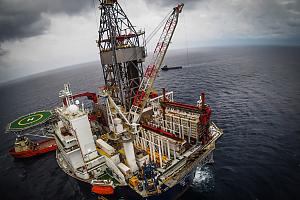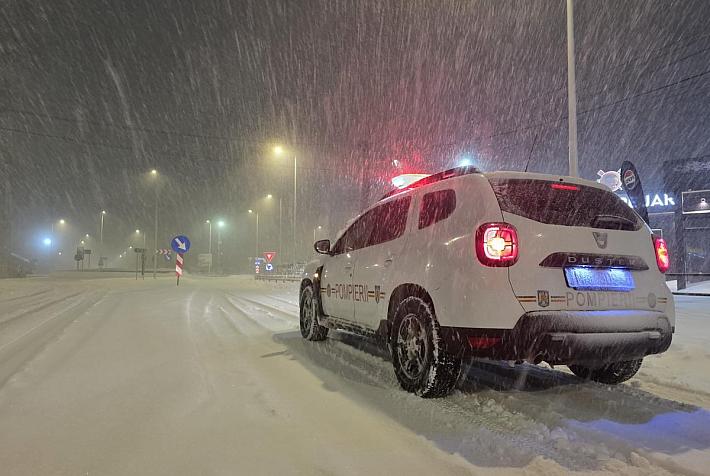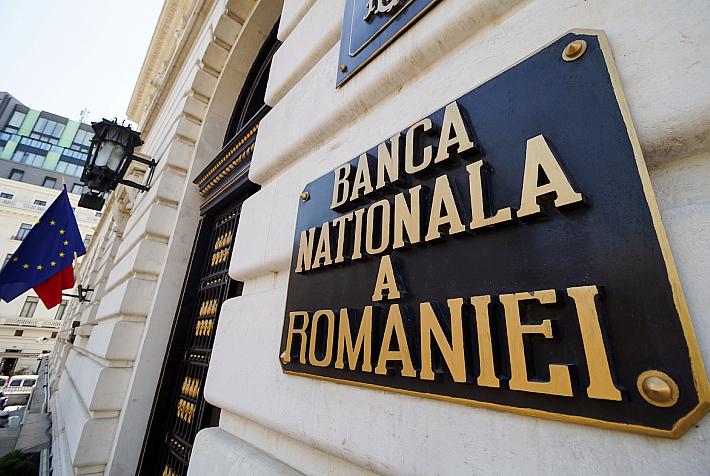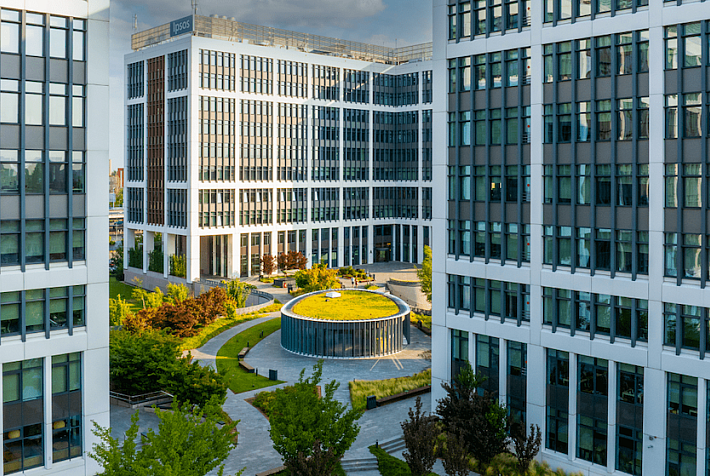Romania only place in EU where natural gas production can increase, NGO says
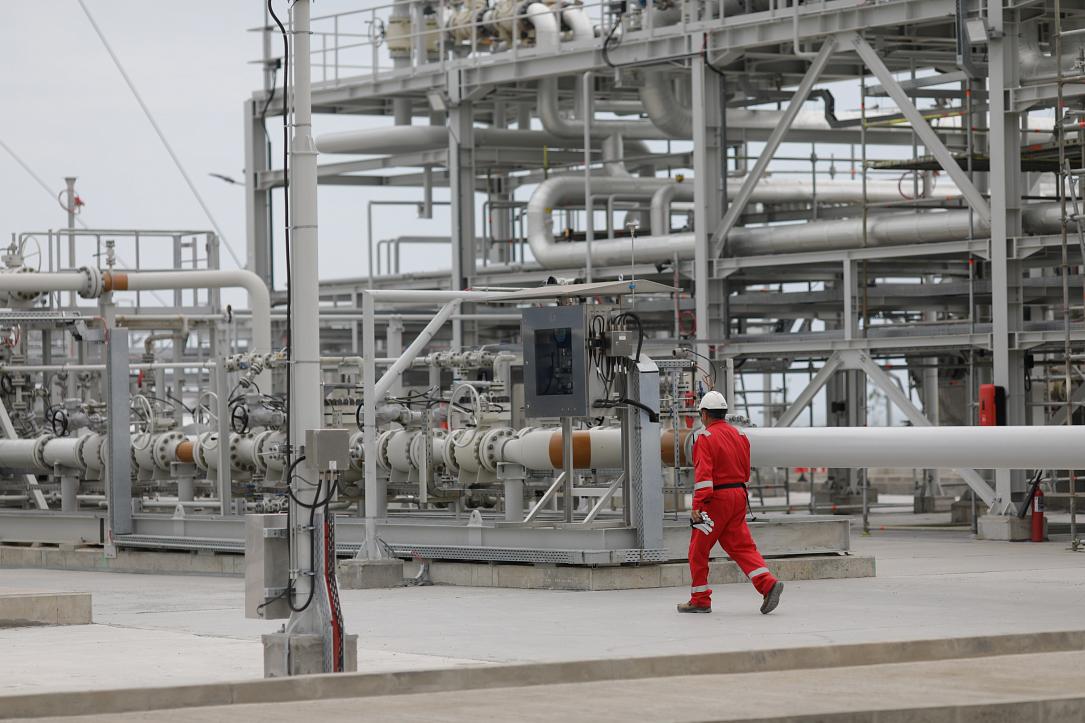
The EU consumes 155 billion cubic meters of Russian natural gas annually, according to a report by European environmental NGO 2Celsius cited by Agerpres. Romania is among the least vulnerable to a Russian gas cut-off, but higher energy costs would come with new challenges for economy, as effects spill over from one country to another.
However, the context would give EU states more negotiating power.
“40% of the gas consumed in the EU is from Russia, and this represents 30% of its exports. This means that Russia is more dependent than Europe in a transaction of this type,” says the report. “Gas storage will become impossible, and stopping production is extremely expensive for Gazprom. Cutting Russian gas imports is the best option for the EU, in the medium and long term, but not without costs in the short term.”
EU member states could replace Russian gas imports with liquefied natural gas sourced from different producers, increased energy efficiency, fuel substitution, and increased gas imports from Norway or Algeria.
The government has not designed a set of coherent policy measures meant to tackle to issue, despite boasting Romania's status as an energy producer in the region.
Aside from the first new Black Sea Oil and Gas field that began production in June, Romania's projects to produce fuel could be up and running in 2023 or later. Political disagreements and the lack of coherent policy delayed Romania’s aspirations as a regional energy powerhouse.
“We are not connected at all to European discussions and problems, despite our ambitions as a regional player. For example, although we are the ‘second largest gas producer in the EU,’ we had no position in the European strategy regarding methane emissions or the proposed Regulation from last year, nor are we part of any of the dozens of international organizations that deal with the issue of gas,” said energy expert Otilia Nuţu. “Romania is the only place in the EU where the production of natural gas can increase in a few years,” she added.
Meanwhile, the Romanian government allocated RON 21,4 mln (EUR 4,3 mln) to different programs meant to expand the gas pipelines. The authorities aim to connect more homes to the central gas distribution network despite prohibitive gas costs.
“High prices discourage household consumption and there is a risk of building gas networks and not using them,” says the report. The European Commission expects energy costs to remain high until 2024-2025. By 2050, the EU wants to be net-zero. New regulations on methane emissions will be adopted next year, and by 2030 the EU wants to cut back on such emissions by 30%. The infrastructure that Romania is building, therefore, may soon be obsolete.
2Celsius’ report, produced in partnership with the UK Environmental Investigation Agency, aims to promote the rapid reduction of global methane emissions in line with scientific advice on climate change and the targets assumed by the Paris Agreement. 2Celsius is a European non-governmental organization established in 2010 with the aim of influencing climate change policies at national and European level.
(Photo source: George Călin | Inquam Photos)







